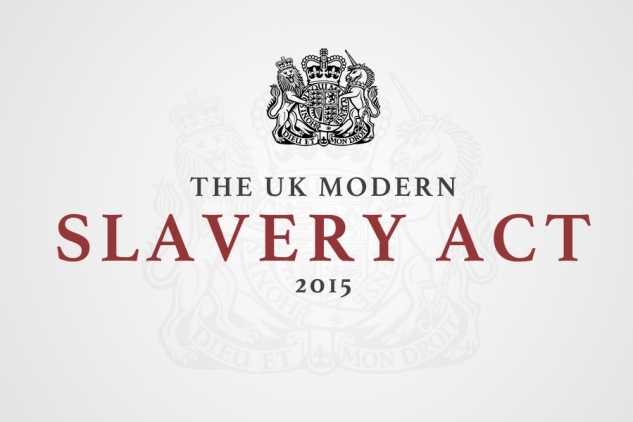
The Independent Modern Slavery Act Review: a challenge to government but a crucial missed opportunity too
The final report of the Independent Review of the Modern Slavery Act 2015 has been published today. The Review throws down a strong challenge to government, calling on it to update and improve the Act in crucial areas.
One step forward, a long way to go
FLEX was pleased to contribute its expertise to the Review and welcomes the findings today which, if accepted by the Government, will serve to enhance this four year old legislation. In particular, FLEX is pleased that the Review has recognised the need to protect the independence of the Independent Anti-Slavery Commissioner, to extend the transparency in supply chains clause to the public sector, and that it recommends introducing sanctions for companies which fail to comply with this clause.
However the Review’s findings also represent a missed opportunity: the UK Act’s definition of ‘human trafficking’ diverges from recognised international standards by focusing solely on the travel of the potential victim, rather than including other acts relevant to trafficking (such as recruitment or reception). This departure from international norms is unnecessary. As acknowledged by the Review’s report itself, it can mean that offenders involved with the offence but not directly with arranging travel are able to escape prosecution. Victims may also have arranged their own travel.
Australia, which recently introduced its own Modern Slavery Act, learned from the UK experience and has therefore aligned its definition of human trafficking with these international norms.
Rather than accepting that the UK’s unique definition is unnecessary and confusing, the report has recommended that the Independent Anti-Slavery Commissioner monitors prosecution and appeal outcomes to identify whether the definition is problematic.
FLEX CEO Caroline Robinson said,
“This report demonstrates that government must take swift action to improve and update the 2015 Modern Slavery Act. The difficulty for victims to access compensation and the failure to issue any reparation orders since 2015, alongside patchy compliance by companies with its transparency requirements and well-recognised concerns about the independence of the Independent Anti-Slavery Commissioner, are all reflected in this important report.
However, the report is also a missed opportunity: the UK chose to ignore international definitions of human trafficking in the Modern Slavery Act by focusing exclusively on travel instead of other acts frequently involved in this crime. The Reviewers have recognised the issues this may cause but despite this acknowledgement, the Report fails to recommend the legislation be amended and updated.”
Overlooking the impact of the hostile environment
The Report also fails to acknowledge the context within which the Modern Slavery Act is operating. The ‘hostile environment’ and post-Brexit immigration plans are highly likely to exacerbate modern slavery risks in the UK. A narrow investigation into the application of the law on its own rather than in the context of this broader framework of law and policy misses this crucial element.
Caroline Robinson continued,
“The Report fails to address the contradictory approaches currently being taken by government. Whilst these recommendations could enhance the UK’s Modern Slavery Act and response, it overlooks the ways in which current immigration law and policy is contributing to this abuse. The hostile environment serves to make people more vulnerable to exploitation. In particular the devastating ‘offence of illegal working’ created in the Immigration Act 2016 heavily stacked the balance of power away from undocumented workers towards unscrupulous employers. In criminalising those at risk of exploitation and preventing them from accessing support and remedy for abuses faced the UK law and policy landscape increases individual risk of labour exploitation. Brexit will only exacerbate this, with any EU nationals who fail to register under the Settlement Scheme coming under the scope of the ‘hostile environment’.
A meaningful modern slavery and human trafficking review would not avoid these inherent contradictions. Improving the Modern Slavery Act is crucial but we must not shy away from building on it too. The government must follow through on these recommendations but also urgently act upon the warnings FLEX and others have sounded over the past five years, calling for urgent review of the impact of the hostile environment policy on the identification, and support of victims of modern slavery.”
The Review considered six sections of the Act, which were:
- section 3 on the meaning of exploitation
- sections 8 to 10 on reparation orders
- sections 40 to 44 on the Independent Anti-Slavery Commissioner
- section 45 on the statutory defence
- section 48 on independent child trafficking advocates
- section 54 on transparency in supply chains
FLEX is pleased to see the Reviewers intend to establish an implementation group to oversee the implementation of its recommendations. We hope that they will include civil society expert voices in this group, including non-governmental organisations and trade unions, to ensure the best possible outcomes for all at-risk workers and victims of modern slavery and human trafficking.
Read the final report of the Review here.
